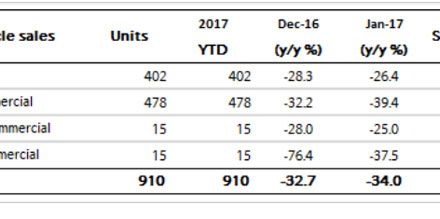
How to clean an engine

Hafeni Ailonga of the WIKA Car Wash using a high-pressure pipe to wash away dust from the engine before cleaning it. A good engine cleaning can also be done at home. (Photograph by Hilma Hashange)
Car wash experts all have their different techniques on how to properly wash an engine; however they all follow the same basic procedure. An average car wash will cost the owner at least N$60, but with full valet included, it can go as high as N$360. This shows that engine cleaning can be expensive especially if done daily or weekly. However, the Economist spoke to a seasoned car wash operator and obtained the following tips for washing the engine at home.
Before washing the rest of the car, the engine should always be washed first .Firstly, warm up the engine slightly. Do not get the engine to operating temperature, but allow it to run for a minute or so if it is heavily soiled. Then move the car to an area where the soap and material cleaned off will not cause damage or enter a storm drain.
Remove the negative terminal cable on the battery then the positive. Make sure to cover any exposed electrical components with a plastic bag or plastic wrap. This will prevent the electrical components of the car from being exposed to water. Cover the breather or air intake and carburetor on older engines with heavy aluminum foil or plastic. You may choose to tape or tie this in place, since water can cause serious problems if allowed into this area. Brush any loose dirt or debris from the engine surfaces, either using a stiff bristle paint brush, or a plastic bristle cleaning brush.
Next, mix a solution of “grease cutting” dish detergent and water, using about 2 cups detergent to one litre of water. Then brush your solution on the engine, working it into the dirtiest areas and wetting them thoroughly. Get a garden hose and thoroughly rinse the engine. Consult the vehicle’s service manual and look up material that will be needed to clean the engine block and other metal parts. For heavy grease, you may have to use a solvent like mineral spirits, but engine de-greaser, available at automotive supply stores would be better. A household de-greaser may also be effective but be sure to follow the instructions on the container.
Finally, remove the plastic after rinsing the engine and cleaning away residue of whatever chemical that you used to clean the metal components and let the engine dry. Most engines with high energy ignitions will run with the plug wires and distributor wet, but some may misfire or run “rough” until these components dry out completely.










































